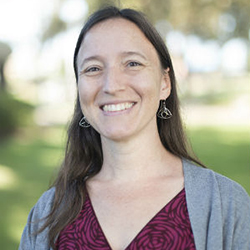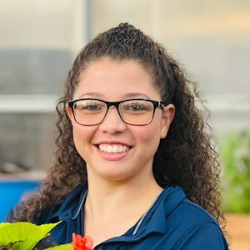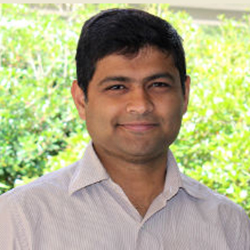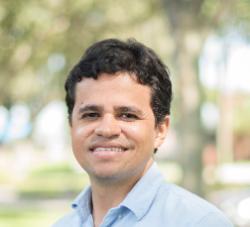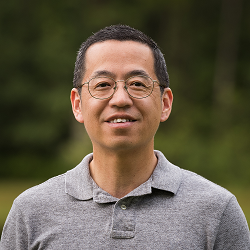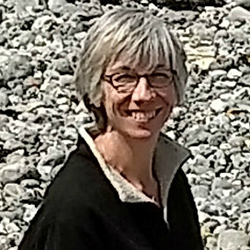
Dr. Bryony C. Bonning is an eminent scholar and professor of entomology and nematology at the University of Florida, and Director of the Center for Arthropod Management Technologies (CAMTech), a National Science Foundation Industry/University Cooperative Research Center. Dr. Bonning held postdoctoral appointments at the Natural Environment Research Council Institute of Virology in Oxford, UK and at the University of California, Davis, USA. She then joined the faculty at Iowa State University, and moved to University of Florida in 2017. Bonning oversees cutting edge research on insect physiology and insect pathology with the goal of developing novel, environmentally benign alternatives to chemical insecticides for insect pest management.

